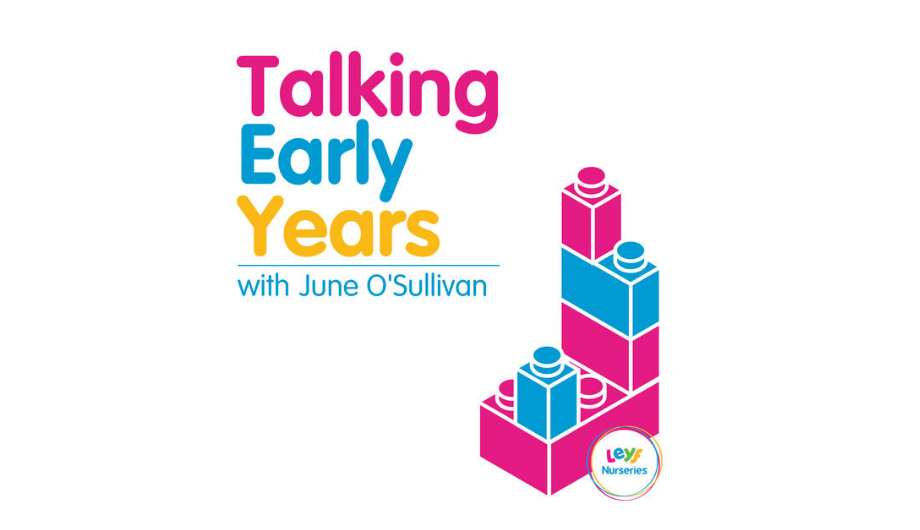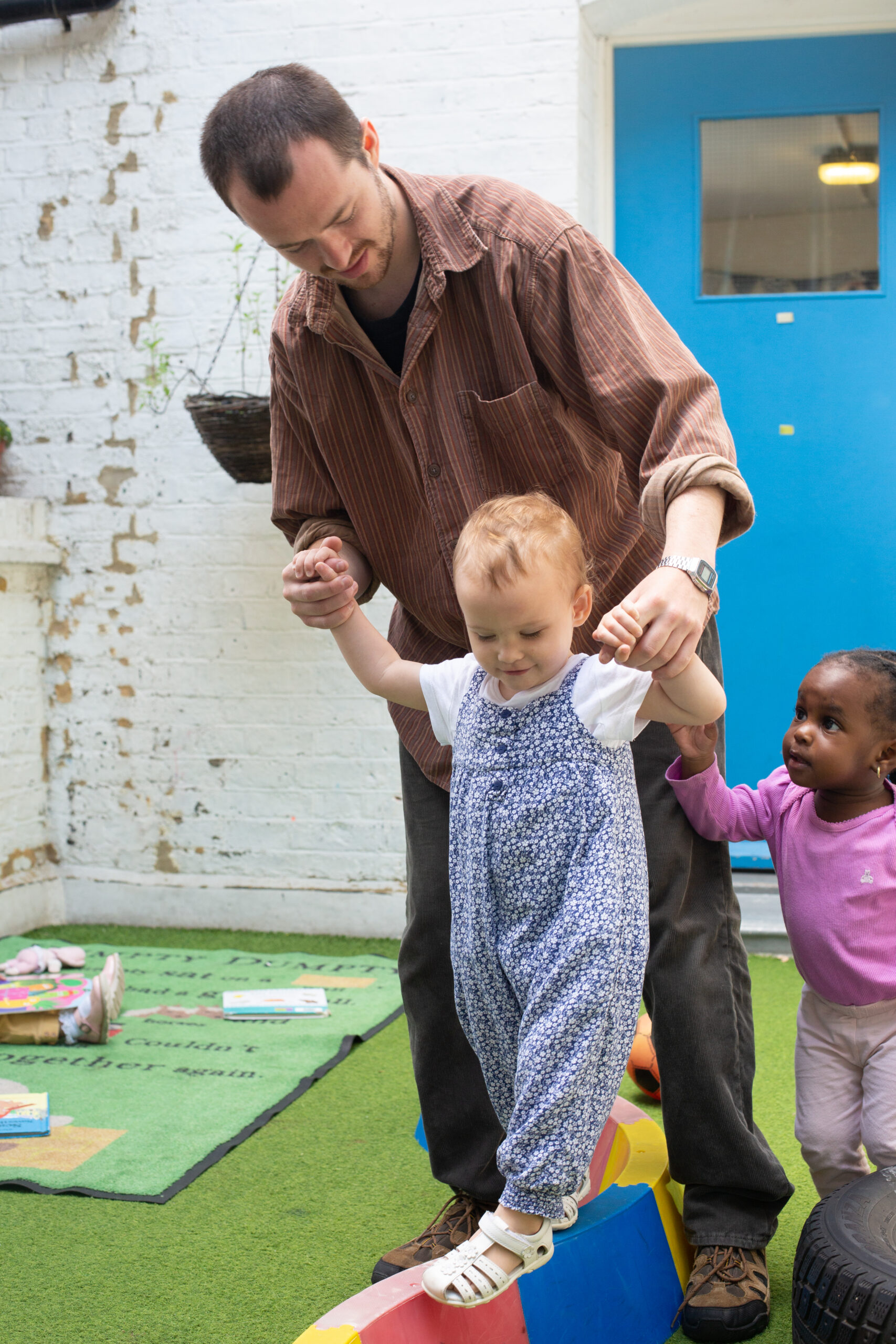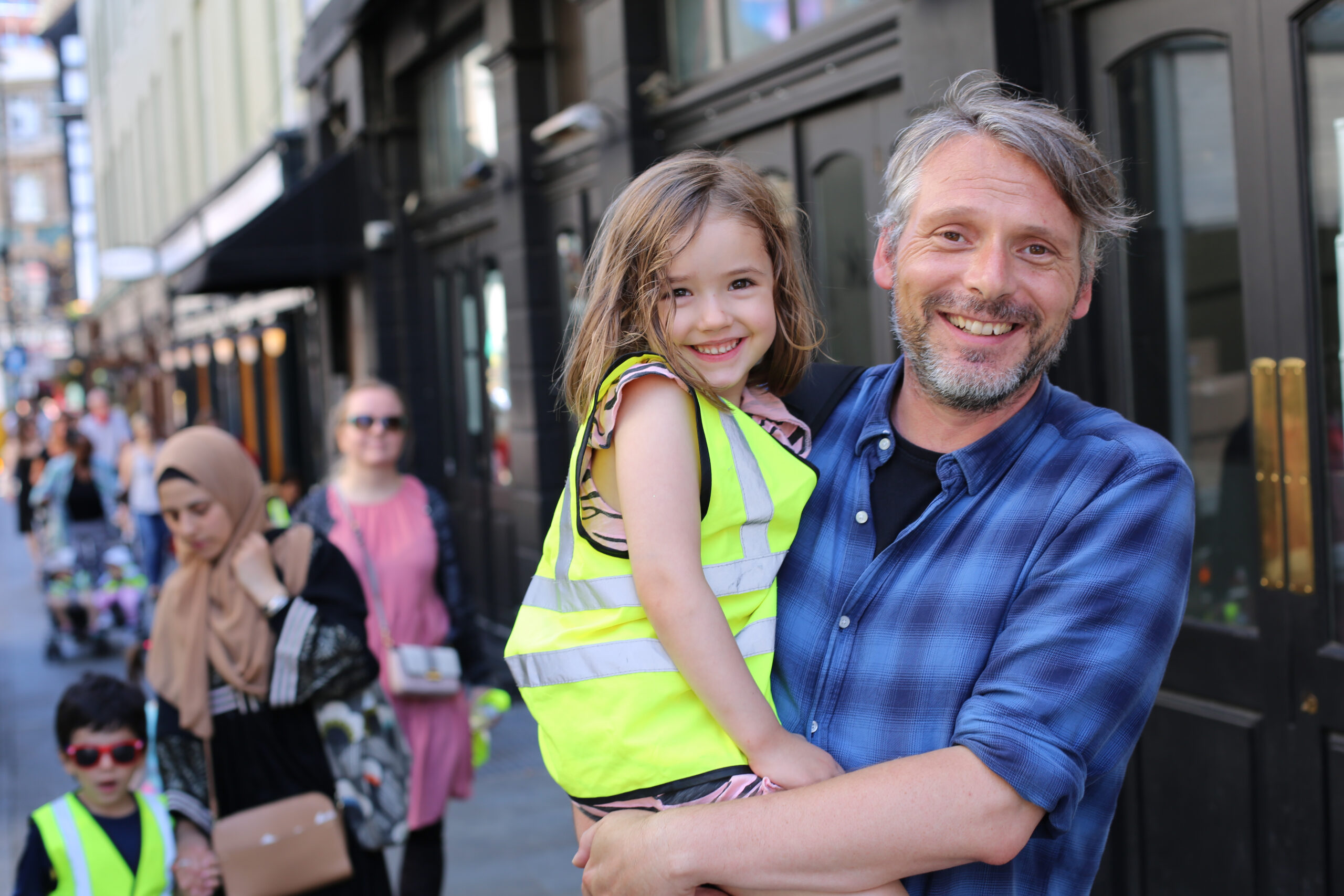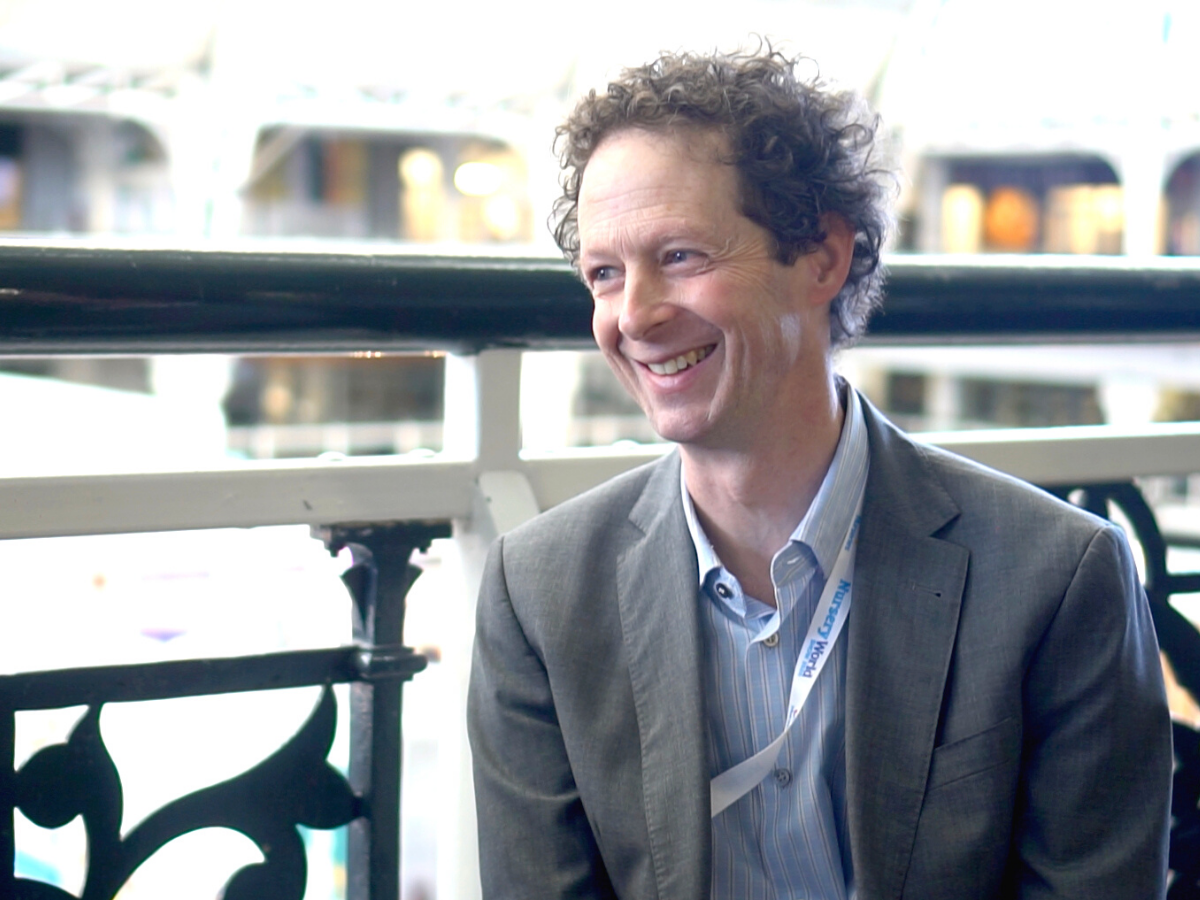
Talking Early Years: June O’Sullivan and Krupesh Hirani
I kicked off this year’s podcast chatting to the well-informed Krupesh Hirani, London Assembly Member for Brent and Chair of the London Assembly Health Committee and the Health…
September 27th 2023
For International Men’s Day on the 19th November 2012, I invited as many men as I could find who worked in Early Childhood Education and Care (ECEC) to join us for a drink to discuss how we might build a London Men in Childcare Network.
We wanted to create a place where we could learn from the men who worked in Early Years about how they were experiencing the sector. The evening was sparked by a conversation with David Stevens, who persuaded me that we should do more about encouraging Men in Childcare (MiC) across the sector, not just at LEYF. At the time, David was a Nursery Manager of a nursery where four of the six staff were men. This had not been a planned staffing arrangement but happened because other men wanted to be in a setting where they felt welcomed.
That cold evening in November I expected about 15 MiC representatives and so I promised them all a drink. When I got to the Barley Mow on Horseferry Road with David in tow, I was shocked to find at least 50 men eager to connect around MiC. I had about 30 quid, enough for half a round! However, fortunately, they had all sorted themselves out, so we were saved any embarrassment. That joyful evening kicked off the next 10 years of activity to raise the importance of MiC. 
Since then, we have conducted plenty of surveys which show that nearly 100% of female nursery staff were generally supportive of having male colleagues. They like the balance and think that it’s also good for children to see the gender stereotypes disrupted.
However, we found female staff were perhaps less aware of the impact of our unconscious gender bias can have on male staff which is why men tend to be attracted to nurseries where there are already male colleagues. Men, like women, do not fit one singular definition; operating along a continuum from very nurturing all the way to Ken.
We have since learned to be better at using more targeted advertising to attract MiC. Simple changes such as male only recruitment campaigns, adverts with male images, men teaching on the training programmes, male apprentices and a male colleague helping the induction process to welcome another male colleague into childcare have created a bigger impact. Furthermore, we’ve integrated better with schools and careers advisers and have provided ambassadors to go into colleges and talk to students.
There has also been lots of innovation including:
We saw progress with a steady 8% at LEYF, but this was still not good enough. Given the efforts to encourage MiC, why has the sector begun to slip backwards again, given the obvious benefits for both children and staff? We are now back down to 2%, behind even the Government’s own target of 3%.
This is the question I often discuss with David Stevens (Nursery Teacher), Greg Lane (below, Manager of Soho Nursery and Arts & Cultural Partnerships Lead) and Konstantinos Skordas (Pedagogy Manager and Chair of the LEYF MiC Community of Practice group).


I kicked off this year’s podcast chatting to the well-informed Krupesh Hirani, London Assembly Member for Brent and Chair of the London Assembly Health Committee and the Health…

I recently recorded a podcast with Dr Linda Greenwall – founder of the Dental Wellness Trust which supports schools and nurseries to get children brushing their teeth.

I was very pleased to talk to Julian Grenier, Headteacher of Sheringham Nursery School in Newham in this month’s episode of Talking Early Years. He and I have…